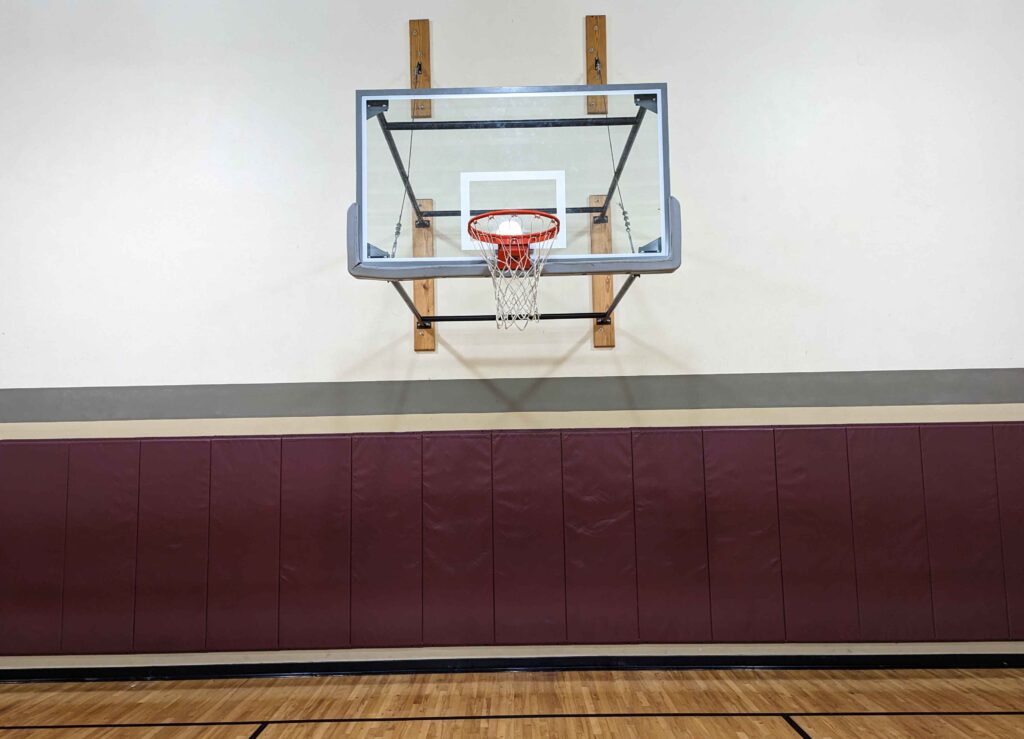
The Engineers: A Western New York Basketball Story
This story is another promotional essay for my two-part book project entitled, The Engineers: A Western New York Basketball Story. As described on the introductory page I created for the book, and the numerous pieces I created surrounding the book, I have interviewed 30-40 players and coaches from Section VI. My research revealed several interesting facts. Many stories paralleled mine, even those of the more successful players. One area that many of us had in common was that we played in basketball programs and not just teams. I discuss the differences between basketball programs and teams in this piece. We had a mini-college basketball program at Hutch-Tech High School.
This essay and my story are based out of Western New York, but the themes apply to your locality as well. There are videos from my sports YouTube channel throughout this piece related to my basketball story. Some of the images in this piece were personally shot by the author. Others were donated during the research for this book project from Coach Ken Jones and his family.
Basketball Programs and Teams
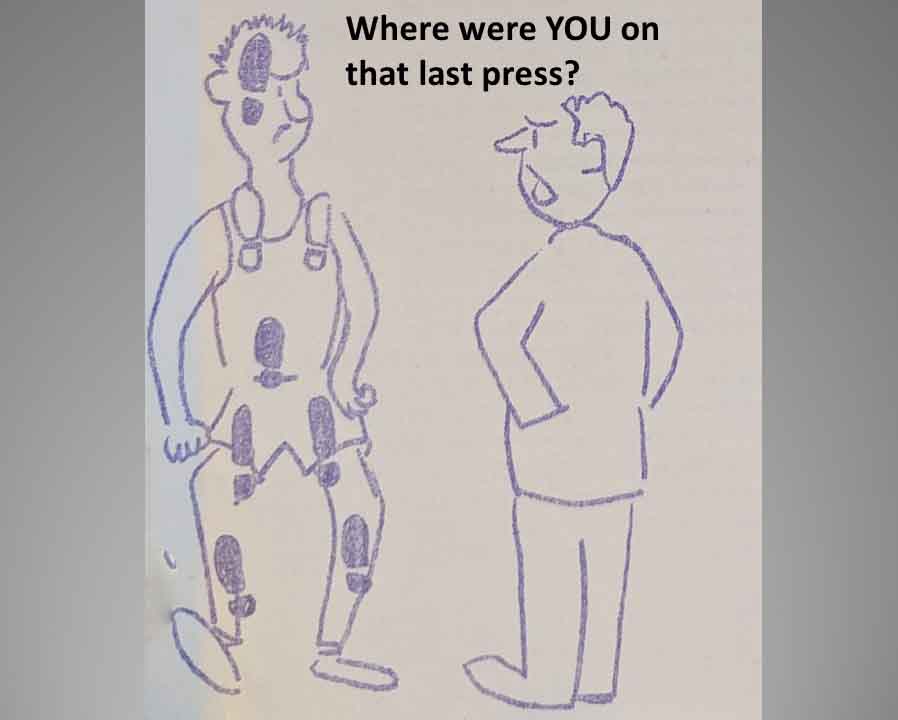
The late Dr. Kenneth Leon Jones created a mini-college basketball program during his tenure as coach at Hutch-Tech High School. He did not just assemble teams of players every year and roll the balls out to let them play freely. Me and some of my interviewees made this connection during my research. In writing this project and all the promotional pieces for it, I want to acknowledge something important. Not everyone looks back on Coach Jones and his efforts with appreciation and reverence like I and others do. He had his share of detractors in building his program and running it his way. Some were on the bench with him. Some were in the student body and others were his fellow coaches in the Yale Cup itself. Modie Cox said the same thing about Pat Monti. Coach Monti was the architect of the Niagara Falls LaSalle basketball dynasty.
Blowing Off Steam on the Hardwood at West Hertel
My research for The Engineers: A Western New York Basketball Story started with a visit to see Coach Jones and his wife in 2012 or 2013. Some fellow alumni said that they saw him in stores like Walmart around Western New York so I knew he was still alive. Adonis Coble gave me his phone number ultimately. He got it from Michael Mann who regularly had lunch with Coach Jones. No. 23 and No. 11 were seniors on our 1991-92 Hutch-Tech Boys’ Basketball Team, my sophomore year.
I had not spoken with Coach Jones in almost 20 years. Seeing him was just like old times despite how my final year playing under him ended. I interviewed him in the back of his San Antonio, Texas house. I asked him how he came to be at Hutch-Tech High School in the first place among other things. Someone of high influence thought he would be the perfect ‘Skipper’ for the Hutch-Tech Boys’ Basketball Team. He thought Coach Jones could build a successful basketball program. It was someone all of us from those times knew quite well.
He was at West Hertel Elementary School on a late Friday afternoon according to the legend. Faculty members gathered from schools around the city late on Fridays to play pickup basketball. I helped Coach Phil Richardson with the Hutch-Tech Boys’ Basketball Team during breaks after initially graduating from Tech myself. I too played with the faculty late on Friday afternoons a handful of times. It was a fun way for them to blow off steam and communicate after long weeks of teaching the children of Buffalo.
Recruited to Build the Hutch-Tech Boys’ Basketball Program
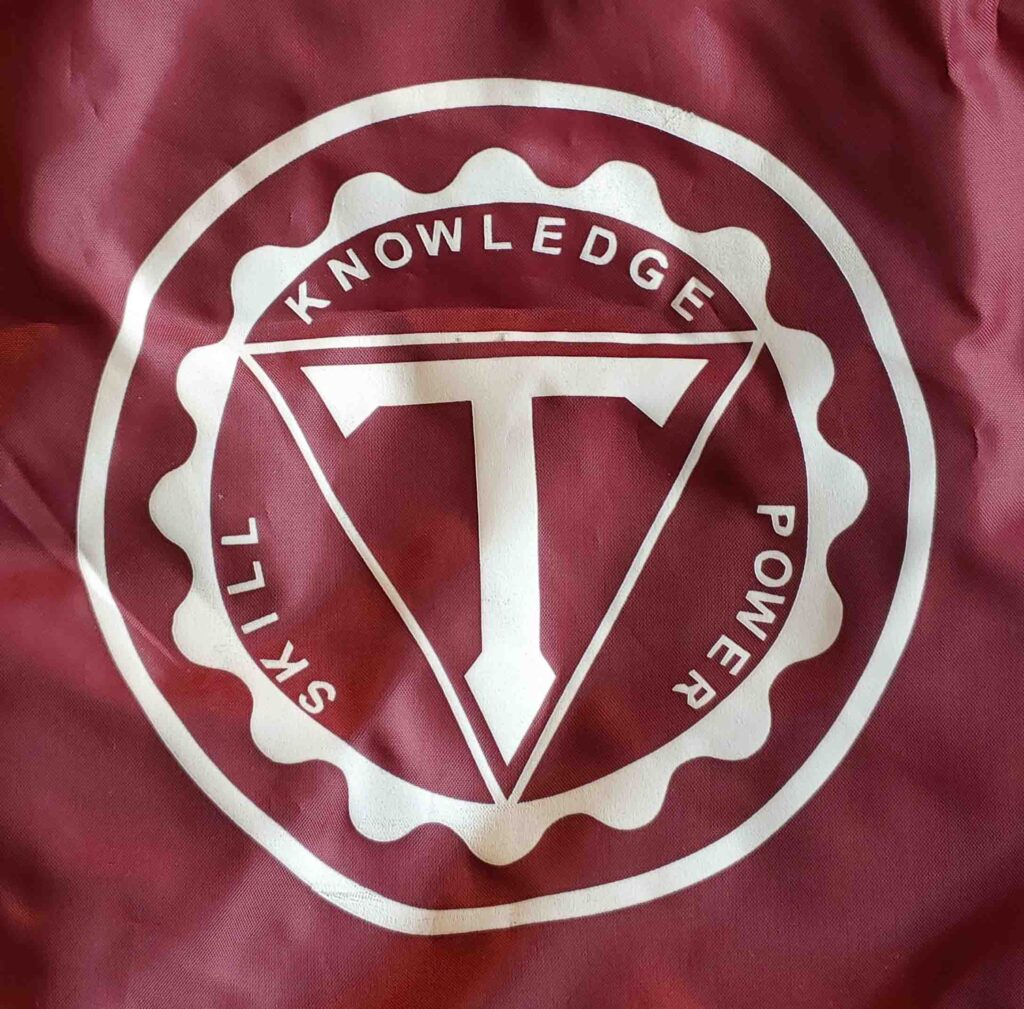
“He tore you up when he got out there and played with you,” said Frankie Harris of Hutch-Tech. He was a player from the Class of 1989 and jokingly recalled playing basketball with Coach Jones during our interview. Coach Jones shared with me there was one faculty member who was a very good leaper. He did not like being guarded by Coach Jones because of his physical play. Those of us who played basketball with Coach Jones know that he was in fact a physical player. He was not shy about using forearms to impede your movements or to put his body into you when going for a rebound.
“I want you to come to Hutch-Tech to coach the boys’ basketball team!” Mr. Joseph Gentile was one of the participants of those games. He presided over Hutch-Tech as Principal when it achieved the ‘National School of Excellence’ distinction in the late 1980s. Mr. Gentile ran Hutch-Tech with an iron fist. He arguably witnessed its ascension as a school and its decline to a certain degree. That was my brother’s freshman year and Coach Jones’ first year. In any case the bearded, olive skinned, bow-legged administrator, saw something in the hoarse-voiced basketball enthusiast. He likewise recruited him to coach the boys’ basketball team at the H-shaped building at 250 South Elmwood Avenue.
I knew Mr. Gentile for running our high school but not running up and down basketball courts shooting hoops. I laughed thinking about it. Again, I guess even school principals needed to blow off steam after a long week of managing schools and dealing with students.
Creating a Boys’ Basketball Program
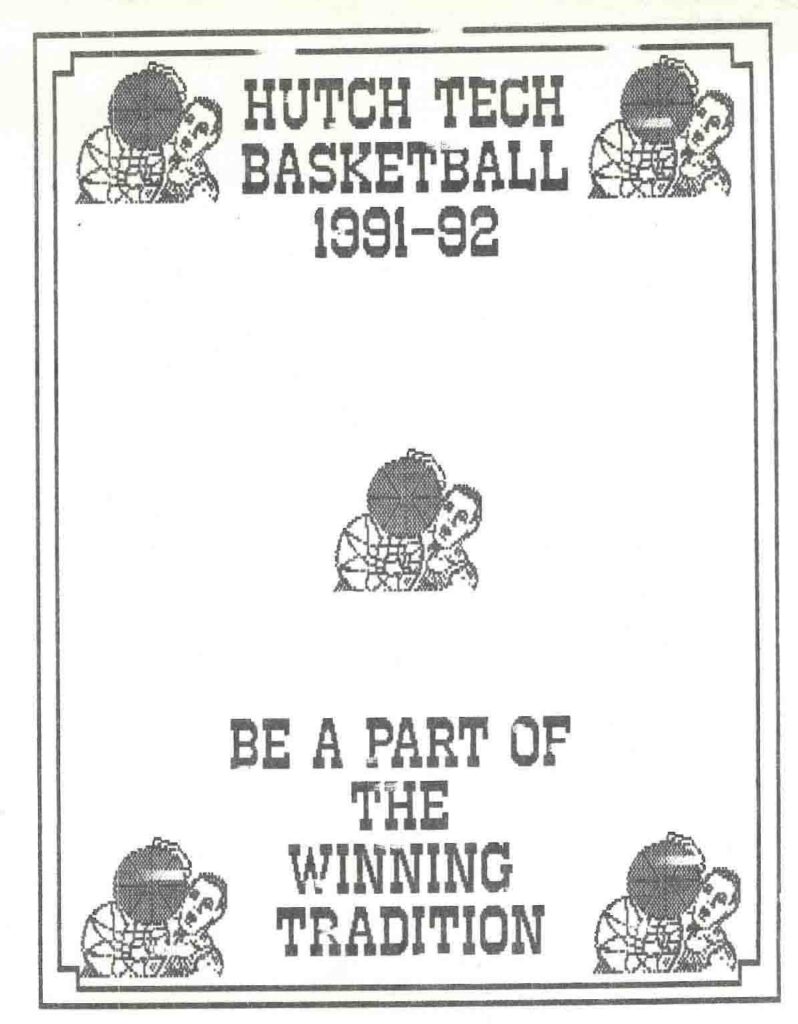
“It was like Hoosiers!” Quincy Lee was among my 40 interviewees for The Engineers before he recently passed away in 2022. No. 11 was one of the key players on the 1990-91 Yale Cup and Class B sectional championship team. Coach Jones arrived at Hutch-Tech and started building his program two years before I arrived there in the fall of 1990.
His approach and methods were unlike anything the players on the 1988-89 team and the student body had seen before. They played mostly street basketball at local parks and in leagues like the Randy Smith League in Buffalo. No. 13 Curtis Brooks whom I have cited in many of these pieces made an insightful observation when we talked. He noted that in ‘The Randy’ as many former players affectionately refer to it, athletic ability and size were the keys to winning. It was not the fundamentals of basketball, which were the hallmark of the Engineers’ new coach and his program.
An Extravagant Pregame Warmup Routine
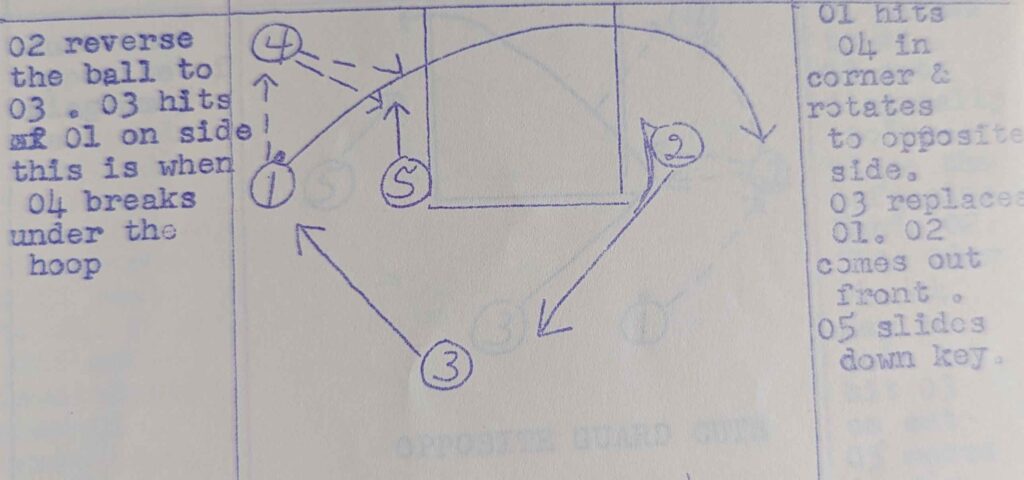
“We were not doing just the regular layup line. Jones was on some other stuff. Players from other schools were looking at us strangely. I could not understand why we could not just do the regular layup line for warmups!” Jerrold ‘Pep’ Skillon noted in our candid interview, one of my favorites, Coach Jones’ pregame warmup routine. It was more intricate than any other in the Yale Cup. “I wondered to myself, what is this?”
I took Coach Jones’ ‘Seven Pass Drill’ and his pregame warm up routine for granted my sophomore season. I assumed that it was all normal when I earned my roster spot. His methods of teaching basketball were a culture shock for his initial crop of players. It was a very different way of playing the game and assembling a team than anyone was used to. It emphasized patient and controlled offenses and disciplined man-to-man team defense. There was another hallmark to his program aside from his fundamentals-based approach though. He looked for a certain kind of kid which was controversial in and of itself.
Establishing a Code and Looking for a Certain kind of Kid
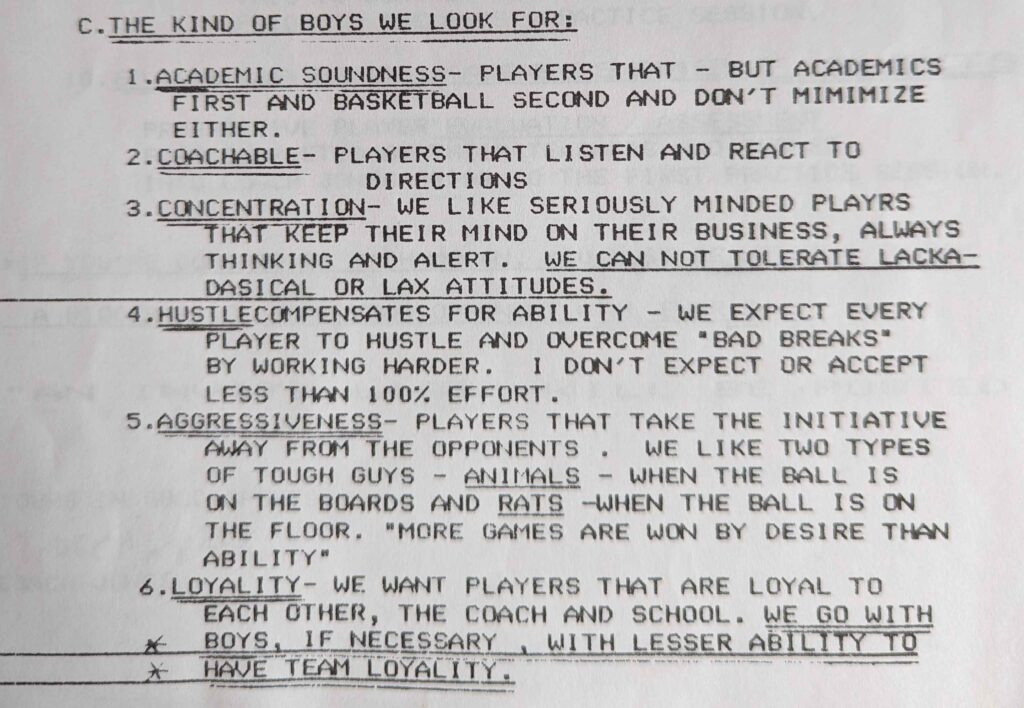
“Jonesy looked for a certain kind of kid!” I first heard the term ‘a certain kind of kid’ from another faculty member who worked alongside Coach Jones in the athletic department. This faculty member asked to remain anonymous, but this phrase was echoed numerous times throughout my research for The Engineers. What kind of kid was he looking for? He handed out packets with an exhaustive list of attributes he was and was not looking for before tryouts. See the picture below for a sample of his list.
I looked back at the list while finishing my final drafts for The Engineers. I saw something I missed as a high school student athlete and in earlier drafts. He explicitly wrote, “We want players that are loyal to each other, the coach, and the school. We will go with boys, if necessary, with lesser ability to have team loyalty.” The last sentence said so much. It explained much of what I and other players involved with the program experienced during that time.
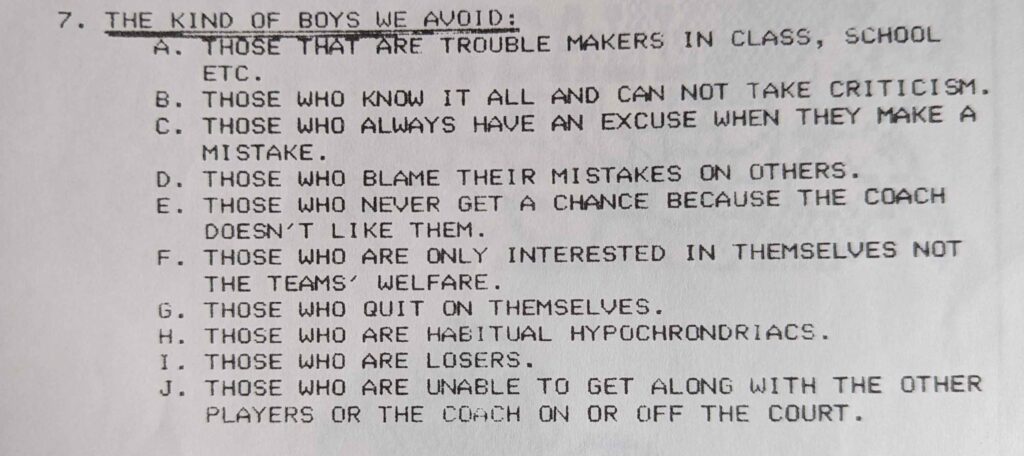
You can infer a lot from that one quote. Winning was the number one objective, but he looked to do it in a certain way. He wanted kids who listened, obeyed, and submitted. He looked to establish a specific code and a culture, an environment in which many players did not fit. He was different things to different people and not everyone appreciated him and his methods. To learn about Coach Jones and to hear what some of his players said about him, see the video below.
Maintaining a Program
Once you set up such a program, how hard is it to maintain it and to keep it rolling? Depending on the conditions in which you are coaching, it can be quite difficult. Our league did not have a formal ‘feeder system’ for the varsity basketball teams. I described this my piece looking back at the Yale Cup. The varsity basketball coaches in our league at the time thus had to do more work. They did extra work try keep their programs successful from year to year, often without extra pay.
The coaches in the Yale Cup also did not have paid assistant coaches. Assistant coaches are important for numerous reasons. They help guide teams in practices. They help with things like the Xs and Os standpoint and tracking fouls. Finally, they help manage the psyches and personalities of the players. Managing and monitoring the personalities/struggles of 10-15 players is a lot for one coach, in addition to doing everything else.
Another aspect is getting a steady stream of talent and developing the talent that you do get. My book, The Engineers: A Western New York Basketball Story, takes place at the lone technical high school in Buffalo. Admittance to Hutch-Tech required passing an entrance exam. Not just any kid could go there. The coaches at our school thus only had access to a certain segment of kids in the city. Every class at Hutch-Tech in my era had talent. But how many kids in each class wanted to make the three-to-four-month commitment to play basketball each year? And which kids would listen and submit to the coaching?
The Riverside Boys’ Basketball Program: Championships, Conflicts, Fundamentals, Injuries and Repeating
“I hoped to build a perennially strong program at Riverside. Injuries really hurt us the year after we won the Yale Cup and the Class C sectional!” Coach Bill Russell shared his aspirations with me for his early 1990s Riverside teams in our insightful interview. The 1991-92 Riverside Frontiersman won the Yale Cup championship with a record of 11-2 the year after our Hutch-Tech team won it (pictured below). I interviewed Coach Russell and one of his star players, Ed Harris and learned a lot. I found that they too had a program at Riverside with many of the same aspects we had at Hutch-Tech.
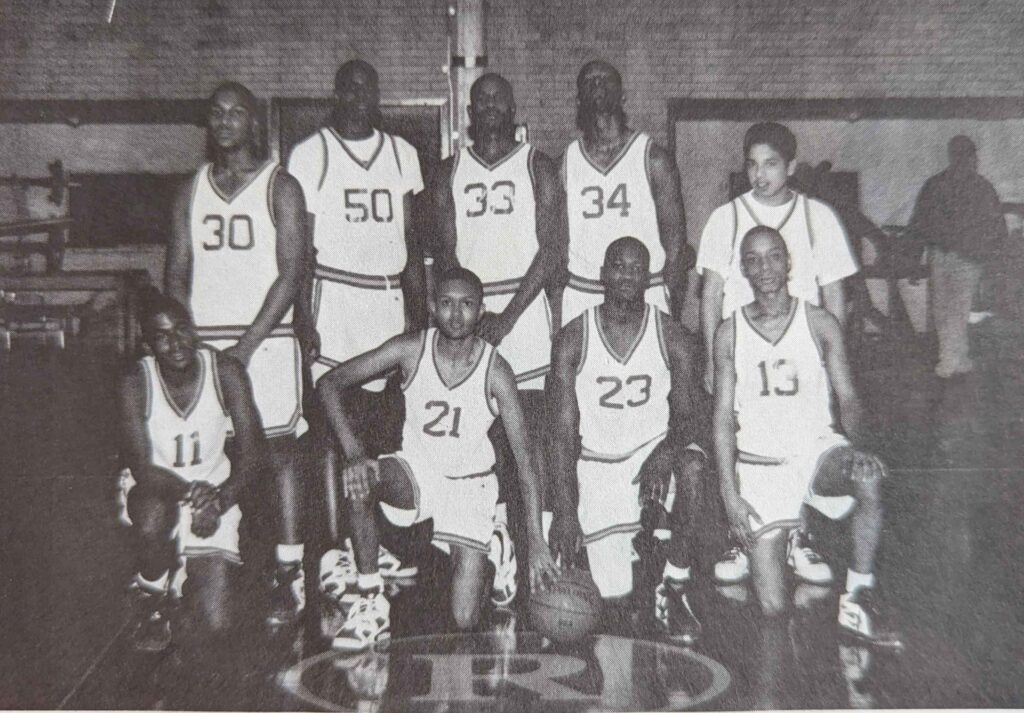
They returned their core group of players for the 1992-93 season after winning the Class C sectional the previous year. They lost their 6’7” center, Walter Gravely, for most of that season due to a pelvic injury. This hurt their chances severely of defending their two titles. Injuries decimated many programs and seasons across sports, and they are something that cannot always be planned for. The Frontiersman also experienced their own personality conflicts and squabbles just as we did at Hutch-Tech.
These negative events arguably helped with the ascension of other teams in the Yale Cup at the time. McKinley and Seneca shared the Yale Cup title that 1992-93 season. They also paved the way for the ascension of the young Buffalo Traditional Bulls who began their rise that season. They logged upsets over both Hutch-Tech and Riverside, on their way to ruling the league for the next three years. See my interviews with Jason Rowe and Damien Foster to read more about this.
Players’ Skill Levels When You Get Them
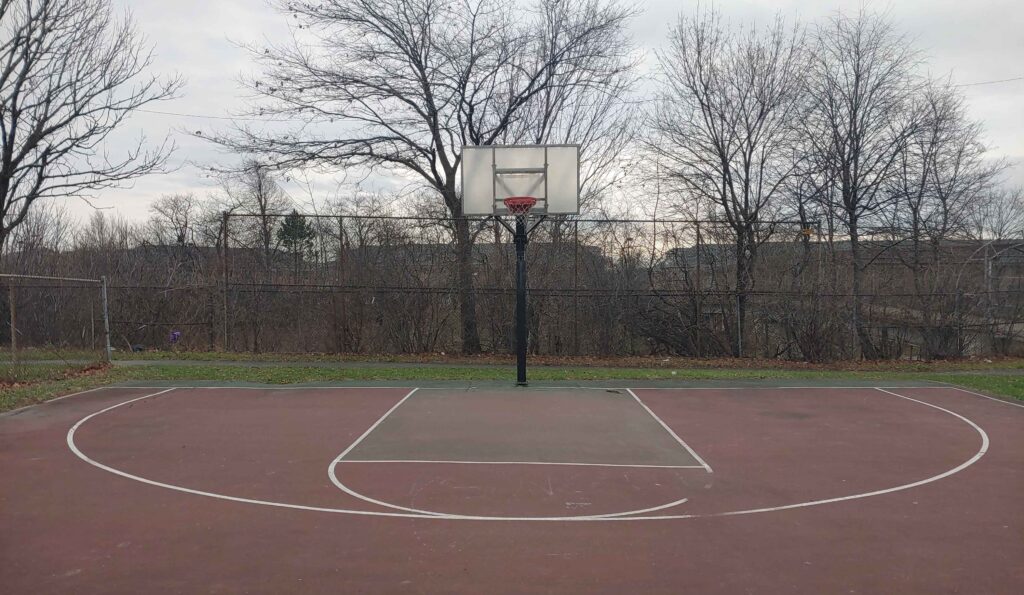
Finally, what are the skill and talent levels of the kids that you are getting as a coach? Another major consideration is the level players are at when you get them. Many kids wanted to play basketball and excel at it in Buffalo in the late 1980s and early 1990s. Not everyone knew how to develop their abilities and skills though.
Not every kid had access to the tools to allow them to develop. Some came from homes that did not necessarily favor them developing their basketball skills. Coach Bill Russell from Riverside noted that many of his kids came from homes with no fathers which is significant. Once again the lack of a feeder system was significant too. We had a middle school boys’ basketball team at Campus West which I played on in seventh and eighth grades. It was not designed though for kids like myself who needed more development to excel. This meant that development had to come from someplace else.
And again, even if you get a crop of kids with some talent, are they coachable? And can you mold them into a cohesive unit? One coach in Section VI created a program that consistently won during that era. Read on to learn some more about how he did it.
The Buffalo Traditional Bulls: Athleticism, Talent and Skill
There were three teams that were strong every year during my short high school basketball journey. I will start with Buffalo Traditional from the Yale Cup. The Bulls were coached by the legendary but controversial Joe Cardinal. Coach ‘Card’ was loved by his players despite his many critics outside of the school. See my interviews with Damien Foster and Jason Rowe to learn some more about the Bulls teams under his leadership. Coach Cardinal’s name also came up in interviews with coaches and players from other schools.
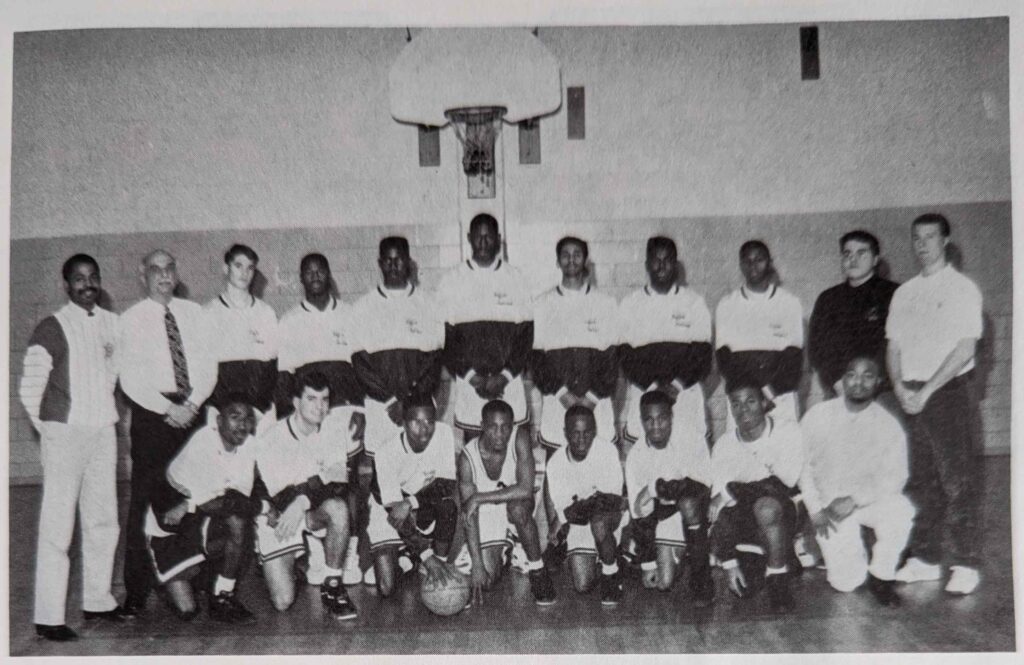
“I am going to write a book called, All of The Way Without a Play!” Damien Foster shared that Coach Cardinal joked at times about not using any structure with his teams. Murmurings outside of Buffalo Traditional were that Coach Cardinal was always the benefactor of tremendous talent. Likewise, he never really coached his Bulls teams in the classic sense. Instead, just let them play and show their brilliance. They likewise rewarded him for it.
“When we played a St. Joe’s, we never beat them. My three years of playing at Traditional, we never beat them and that is because of the fundamentals part of it. We did not have it!” Adrian Baugh from Buffalo Traditional reflected on their matchups with St. Joe’s in our interview. “St. Joe’s had it, we had way more talent than them, but fundamentally they were better than we were at that time!” As successful as the Bulls were during those times, there was one team they frequently struggled with and there were reasons why.
The St. Joe’s Marauders: Consistency, Dominance and Fundamentals
“Sophomore year I played JV. We had a good year. Both years were pretty good. We never could beat St. Joe’s! I made varsity as a junior, so I was backing up Delwyn (Rhines). I was on the team with Delwyn Rhines, Shondell Dupree, Gerald Brown and Malik Campbell,” Dennis Wilson said reflecting on his days playing at Turner/Carroll High School.
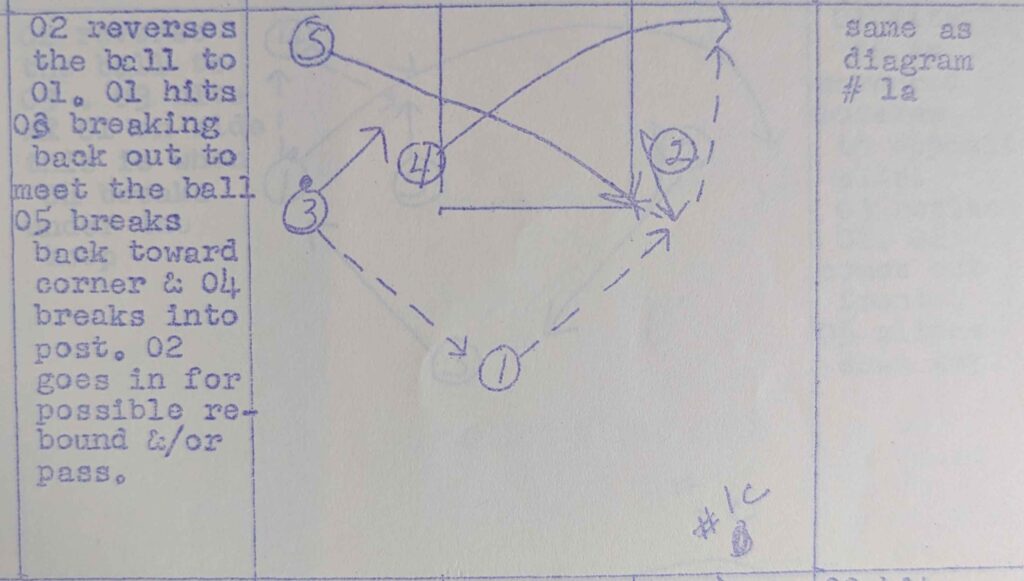
“We always kind of – and I do not know if this is a public-school thing or an African American thing, but we always had problems with Joe’s. We did not understand the Xs and Os of basketball,” he continued. “They were good athletes – they were probably as good as athletically. We were probably a little bit more athletic, but they just understood the game. They just understood the game period.”
St. Joe’s Collegiate High School was a perennial power in the Monsignor Martin League. They competed with formidable foes like Turner/Carroll, Canisius and Cardinal O’Hara, to name a few in their conference. I did not have a lot of experience playing against the Marauders aside from one JV game my sophomore year. They had a distinct heritage. They also had modified, JV and varsity teams (the above-mentioned feeder system). They played disciplined basketball, and their players were always well trained by the time they became seniors. Two names that stand out to me from those years are Eric Eberz and Jeff Muszynski.
The LaSalle Explorers Basketball Dynasty: Structure, Discipline and No Nonsense!
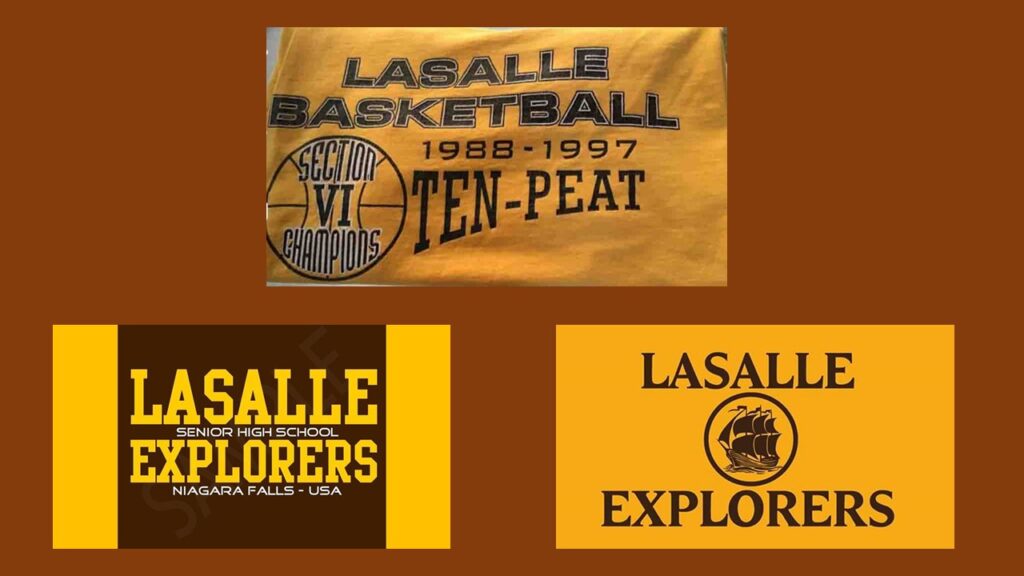
“Our program was built on structure, discipline and no nonsense!” Finally, there was Coach Pat Monti’s LaSalle Explorers in Niagara Falls. LaSalle was the ‘bully on the block’ for Western New York basketball for 10 or more years, winning their Class A sectional and regularly making trips to Glens Falls in March. My interviews with Coach Monti, Carlos Bradberry and Tim Winn revealed numerous things.
First. Basketball was almost a religion in Niagara Falls and the players there trained early in the Biddie Leagues. Coach Monti thus had a steady crop of hungry and trained players. He got them into his system early, established his culture and expectations and they just kept winning.
Second. Coach Monti ran a program like Coach Jones that emphasized structure, discipline, and no nonsense in his own stern words. The players who came to him at LaSalle loved the game and wanted to develop, win, and continue to build the heritage of the program. They bought into what he taught them and as Carlos Bradberry shared with me, “Everyone had a role and accepted it.”
Coaches, Cultures and Systems
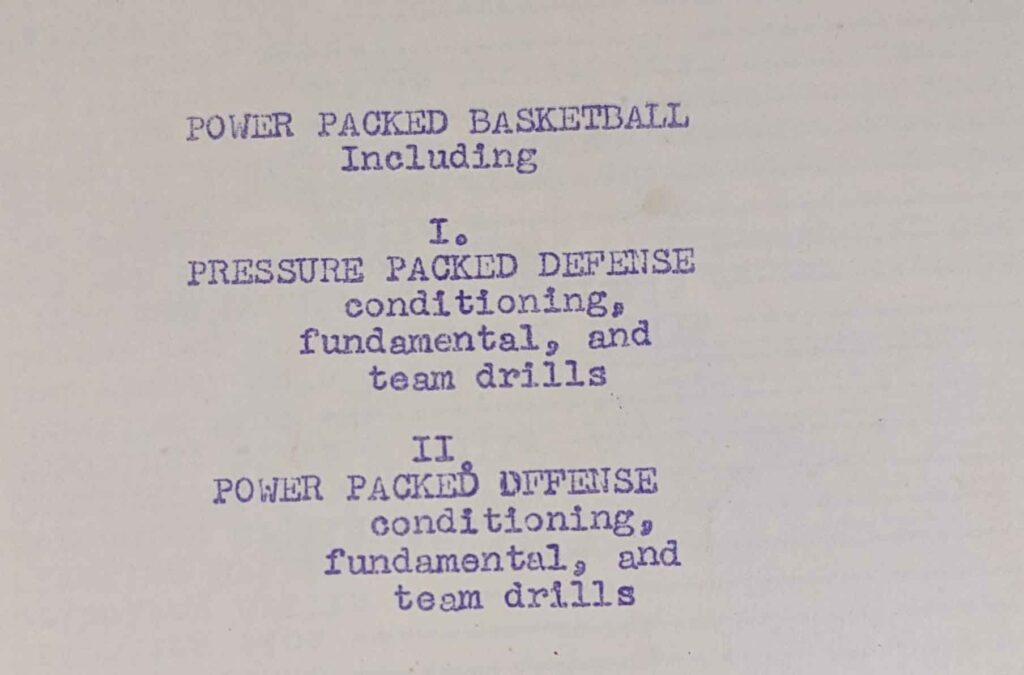
“Pat Monti was like the Greg Poppovich of high school basketball back then. That was the biggest thing. Talent-wise, body for body and person for person, we had some players, but they just were coached tremendously well,” Darris Thomas said about the coach of their crosstown rivals in Niagara Falls. “We summed it up by saying that they knew their roles and we did not.”
LaSalle and Niagara Falls Senior High Schools both played in the Niagara Frontier League, but they had a fierce rivalry within the city. My research revealed that Niagara Falls usually had the more talented rosters. The difference though was the coaching, game planning and the structure at LaSalle as described by Darris Thomas. It was the program that Coach Pat Monti ran.
A heritage was built at LaSalle over the course of 10 years. It was understood that there was a history and standards for the program when new players came in. There was regular contact with the older players even after they graduated, and it was always understood what the standards were. They never had to reinvent the wheel as they say, as other programs did. In The Engineers, I note that there was not a lot of interaction with the core of the 1990-91 championship team at Hutch-Tech in subsequent years. This would have been helpful for those of us charged with following in their footsteps. That is not to throw shade at anyone. It just is what it is.
What Makes a Good or a Bad Coach?
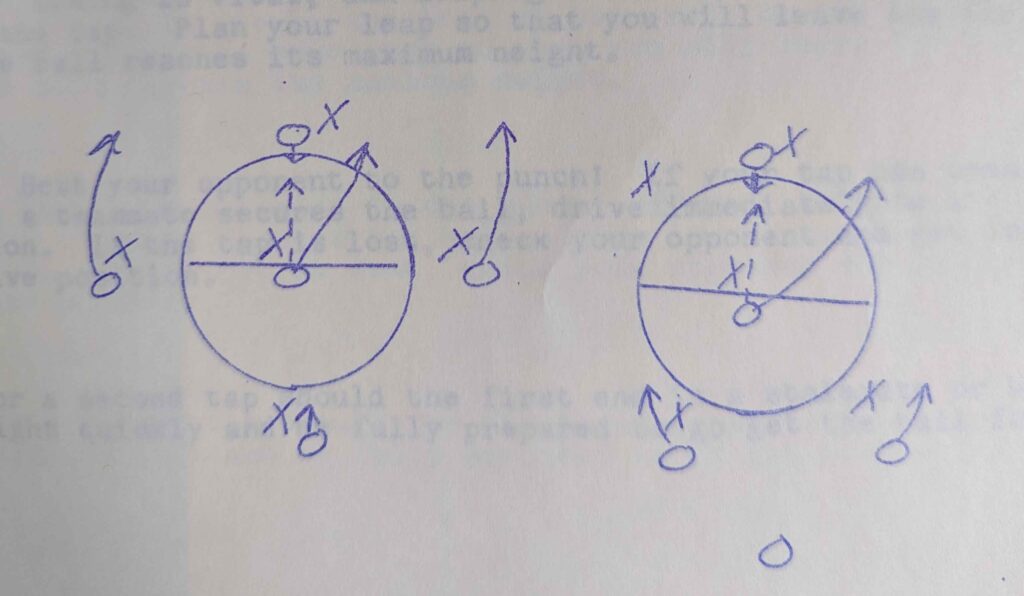
“Well at least you got to work with Kenny for a couple of years. I thought he tried hard and had everyone’s best interests at heart.” Coach Francis Daumen took over for Coach Jones the year after he retired. He served as an assistant coach my junior year. My basketball journey involved a coaching change which is not unusual in sports. Based upon my coming into the program under Coach Jones and what I expected for my final year, basketball just was not the same after he left. My senior season was an eventful year for Coach Daumen as well whom I realized was a good coach himself in retrospect.
“It sounds like he just was not a good coach if you ask me!” I shared my writing project with a friend years ago. I tried explaining the intricacies and nuances of running a basketball program. I tried explaining what happened surrounding our Hutch-Tech basketball program during my journey, the basis for my story. She responded with a snap judgement about Coach Jones which chapped my hide as they say.
That exchange taught me two things and I can laugh about it now. First, people sometimes want to respond without thinking and just want to be heard. So be careful of who you share your ideas with. Secondly, not everyone understands the intricacies of establishing a basketball program vs. assembling a basketball team.
A Basketball Program
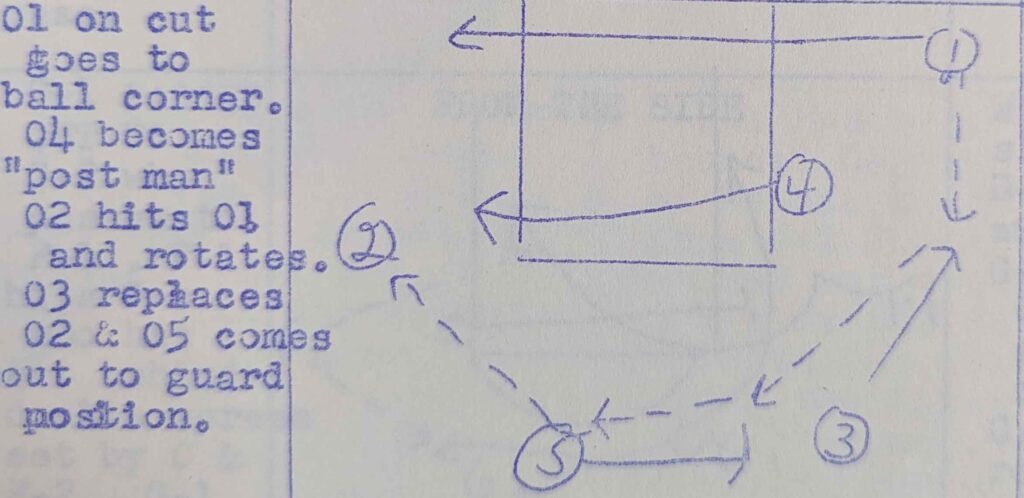
The opening quote for this piece underscores the approach Coach Jones took to teaching the game to myself and others. He was a ‘fundamentals’ coach who did not believe in running a star system. He believed in teaching the game, instilling values, and mentoring his kids through the game.
The clergyman at his memorial service said that he ministered to us through basketball. This was true as most of us remember his many anecdotes, quotes and stories. We also remember his jokes. This is in addition to all of his basketball drills and strategies.
He wanted to win games through galvanizing players under a common culture and a system. Over a course of years this is no minor undertaking. It is not easy, especially when it involves subjugating individual agendas.
“If I scored 15 points and it takes points from someone else or leaves time on the clock – I would rather win than get mine. I still think some guys also wanted to win, but they wanted to get theirs. And that is a hard thing to balance when kids are 15, 16 or 17 years old.” These words were from Christain J. Souter. He was a member of the 1990-91 Hutch-Boys’ Basketball Team and a captain my sophomore year. His words epitomized the challenges in attempting to create and maintain a program like the one Coach Jones and others created.
Coaches Wanting Better for Their Players
“I do not want to be that type of coach where when kids leave, they do not remember anything positive about the experience!” Coach Samuel ‘Quinn’ Coffey discussed his coaching philosophy during our interview. Quinn was a Kensington Knight and graduated in the Class of 1992. He now coached the game in Baltimore, Maryland.
I attended SUNY Brockport for one year and we played some intramural basketball together, long before I started writing The Engineers. I saw his enthusiasm for the game and that he cared about the kids he would coach one day. His experience at Kensington High School motivated him. He strove to be the best coach he could be for all his players, not just the most talented ones.
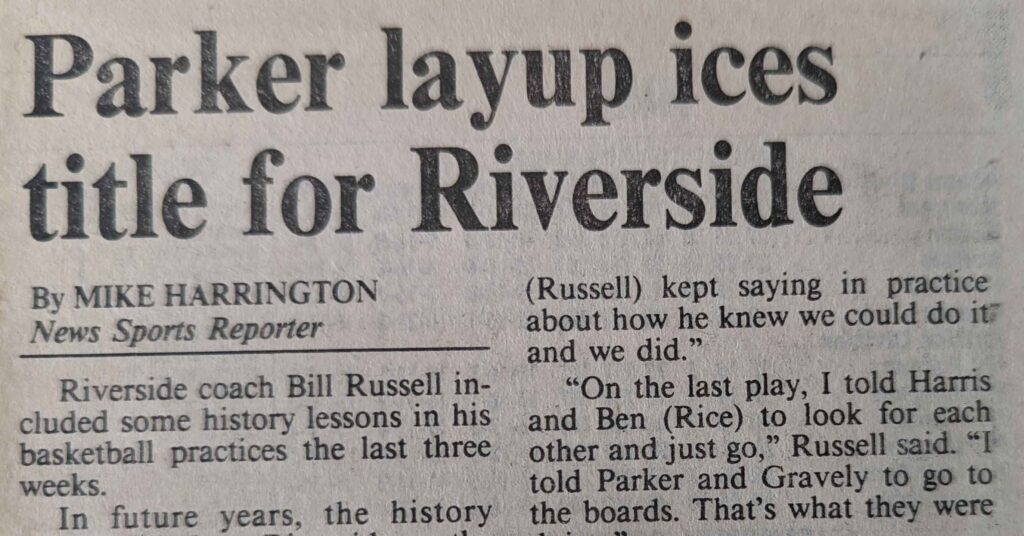
“I was more concerned with it being a good experience and having the kids get something out of it.” Coach Bill Russell from Riverside shared his top priorities when coaching with me during our interview. His words surprised me. His revelation motivated me to add his and Coach Coffey’s reflections to this piece. They underscore the fact that there are multiple approaches to coaching, some of which do not often show up in the box score and on the statistical sheets.
Playing in Basketball Programs: An Important Tip For Younger Players
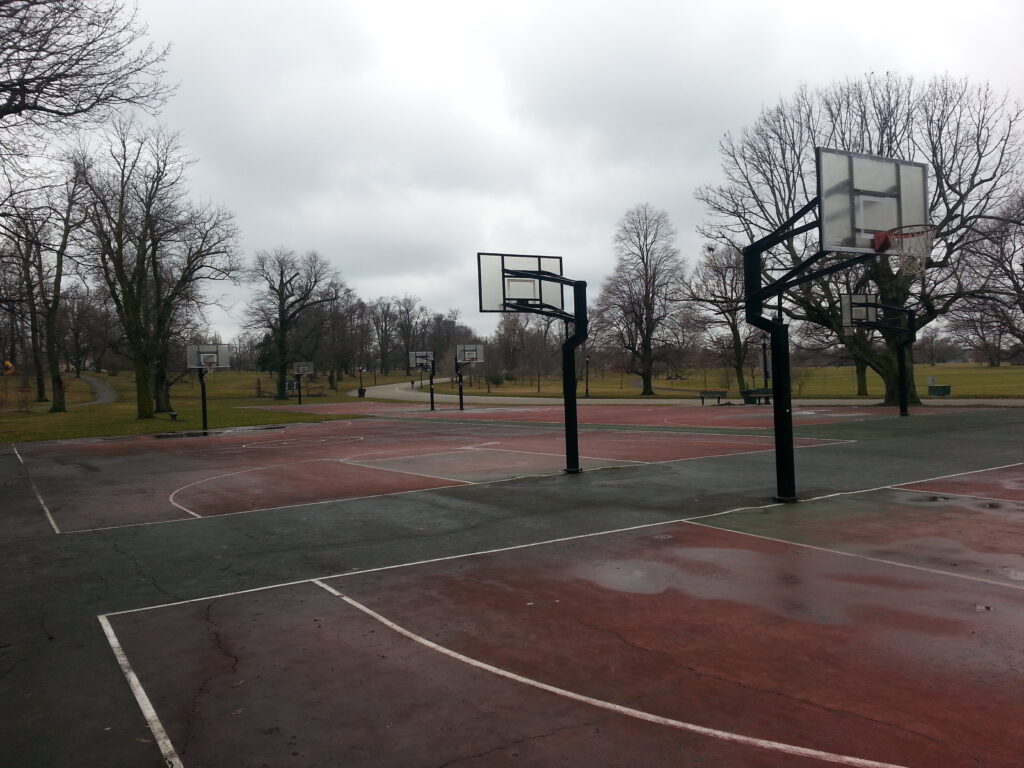
“If I could do it all over again, I would ask myself, ‘What is the most natural thing I could do right here on the basketball court now versus just playing in the system,” Carlos James Gant from City Honors said in our interview. “I think the guys who do that have excellent careers and might still be good players.
“We had a motion offense, but you have a three or four role. You also have more liberty to find these gaps, and the more you find those gaps you are going to score. The games where I did that, I had big games. The games where I did not, they were all over the place. That is what I would do. I would just be more aggressive.”
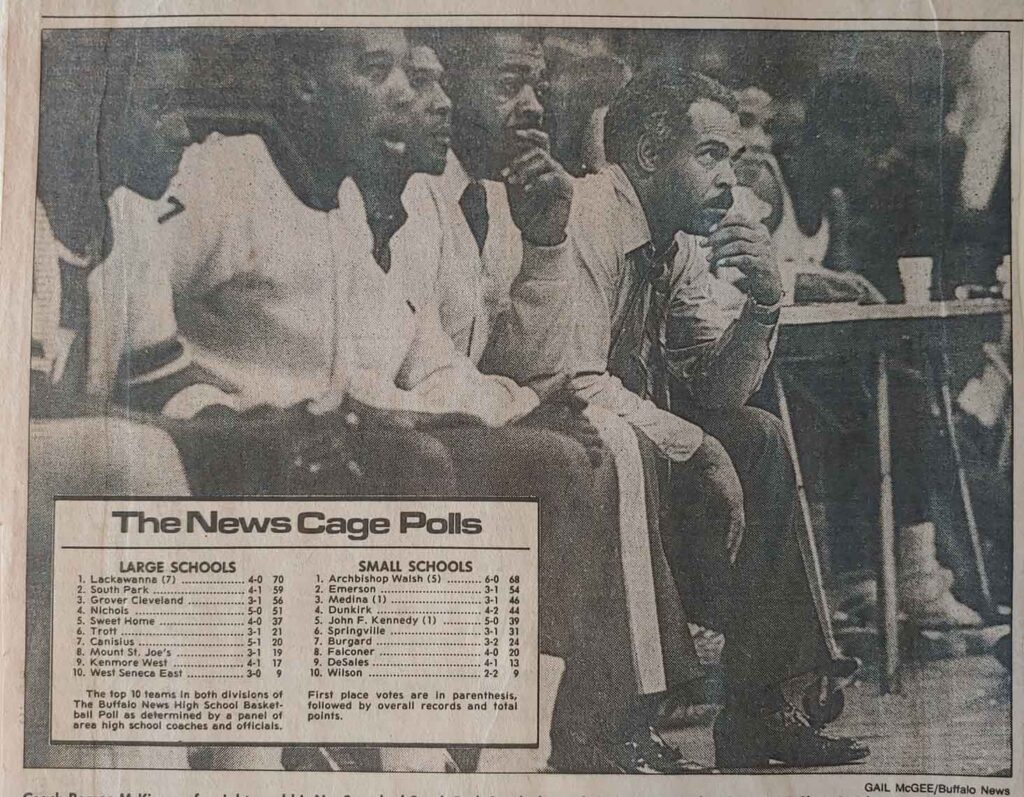
Basketball programs use specific offensive and defensive plays and strategies. Coach Romeo McKinney was known for his defenses for example (pictured above). Players are coached up in specific ways that do not necessarily come into play when playing street basketball. Many players must learn how to play organized basketball in a program. At the end of the day, the goal is still to put the ball in the hoop more than your opponent.
Carlos James Gant’s words underscore a lesson I also personally had to learn. That is the importance of combining your organized game with your street game so that you are just naturally playing and being both aggressive and smart. It is a little-known secret to playing in basketball programs, but an important one. Arthur Agee and William Gates showed the blending of organized and street basketball in the documentary Hoop Dreams. I wrote essays in tribute to them. The following video is another offering from my sports YouTube channel and it discusses another important basketball and life lesson.
Having a Vision for YOUR Game and YOUR Life
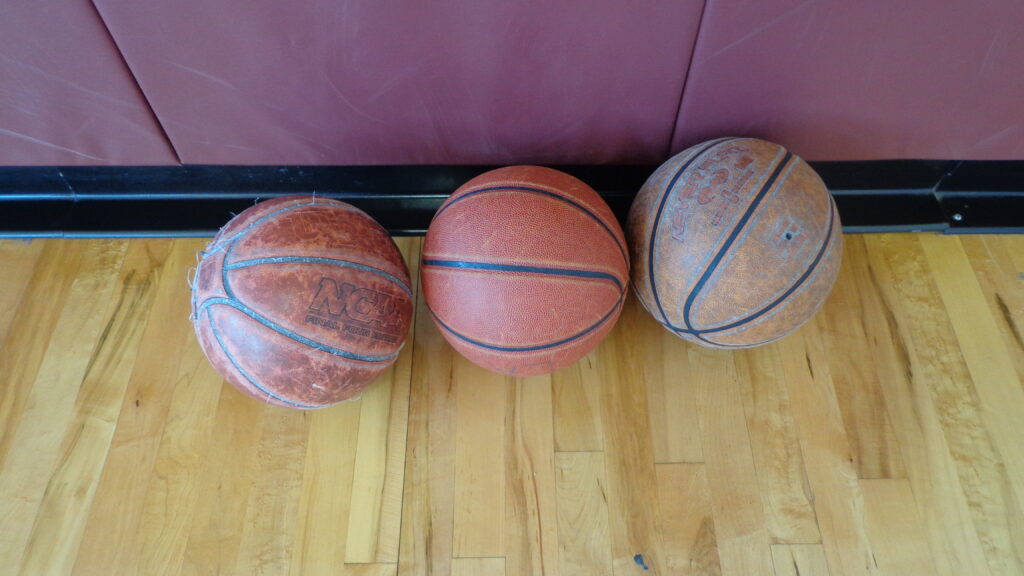
“Jones did not teach the one on one-type stuff. We rarely did the one on one (isolation basketball). All of the great dribble drive moves and basic handles – I did not have that. I did not have a freaky handle but that was Jones. Jones did not teach us that,” Pep Skillon said reflecting on his time as an Engineer.
“You know what Pep? You are right!” I thought about my own basketball education as Pep reflected on his. Another teammate made the observation the year after Coach Jones retired but in a different way. He pointed out that I had a basic game in a sarcastic tone. It was true. I developed into a system player. I was a good role player in Coach Jones’ program. I did not seek to develop myself beyond his program though. It did not occur to me. No one in my immediate circle called it to my attention either.
After high school I learned to experiment with my game. I found that I could do some fun and imaginative things on the court. I had fun doing them too. It is a lesson that translates forward into the adult and working worlds. You should always have a vision for yourself and your life. Your employers and supervisors may have their own plans they may fit you into. The same is true for your parents and significant others in some instances. But what do you want? What is your plan for yourself and your life? You should always have a vision for yourself, or develop one.
Closing Thoughts

Thank you for reading this promotional/teaser piece for The Engineers: A Western New York Basketball Story. I intend to create more, via print and video, as I journey through the final steps of completing the book. I created a page here on Big Words Authors for the purpose of giving a background of the book and grouping all the promotional pieces such as this in one place for interested readers. On my first blogging platform, the Big Words Blog Site, there are interviews of some of the most accomplished Section VI players from my era including: Jason Rowe, Tim Winn, Carlos Bradberry and Damien Foster. I also interviewed legendary LaSalle Head Basketball Coach, Pat Monti. Finally, there are several other basketball-related essays related to my book project. If you liked this piece, please share it on your social media and leave a comment beneath this piece.
The Big Words LLC Newsletter
For the next phase of my writing journey, I’m starting a monthly newsletter for my writing and video content creation company, the Big Words LLC. In it, I plan to share inspirational words, pieces from this blog and my first blog, and select videos from my four YouTube channels. Finally, I will share updates for my book project The Engineers: A Western New York Basketball Story. Your personal information and privacy will be protected. Click this link and register using the sign-up button at the bottom of the announcement. If there is some issue signing up using the link provided, you can also email me at [email protected] . Yours in good sports. Best Regards.
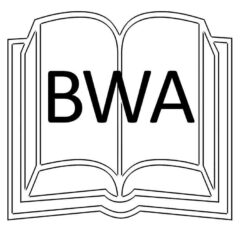
Hello all. Thank you for reading my promotional essay on basketball coaches who build programs versus teams. If you played the game or if you play it now, I am certain this will touch you in some way. Please let me know what you think here in the comments section.